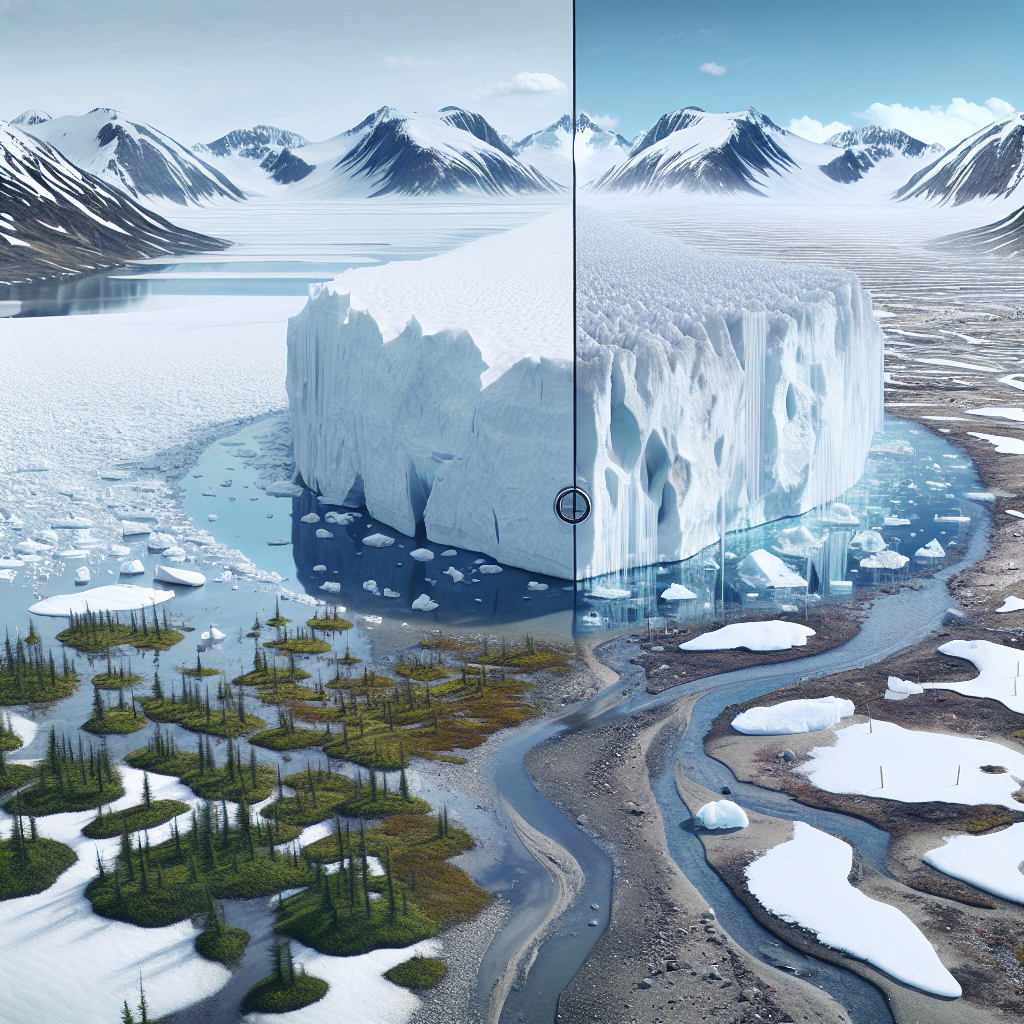The recent news that Arctic tundra is now emitting more carbon than it absorbs is a stark reminder of the irreversible tipping points we are facing on our planet. This shift, along with other carbon sinks turning into sources, highlights the urgent need for fundamental changes in our behaviors and systems.
As a team of specialists and students working to help governments prepare for the decreasing stability of our planet, we understand the gravity of this situation. That’s why we have co-authored a plan, along with Sir David King and 17 others, for vast-scale ecosystem and climate restoration, as well as behavioral and systemic change.
In order to survive the challenges of the next centuries, we must let go of destructive values and habits and adopt new ones. This requires a relearning of the importance of our relationships with people and nature.
The interconnected crises we are facing – climate change, destruction of nature, inequality, pollution, and disease – are all linked and can only be addressed by tackling their root causes. This includes our numbers, appetites, and mindsets of entitlement and convenience.
The tipping points we are seeing in the Arctic and other ecosystems are high-risk domino effects that threaten societies, the natural world, and our food and water systems. Our paper, Earth at Risk, calls on leaders to recognize this crossroads of humanity and draft new constitutions that can navigate the future more wisely.
We are now at a critical juncture where the age of mindless individualism, profiteering, and competition must come to an end. It is time for us to come together and take action to protect our planet and secure a sustainable future for all.

